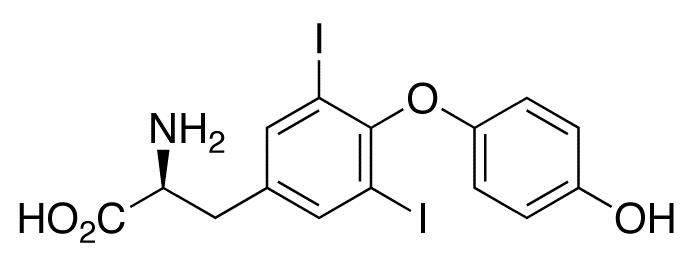Another day, another post about a paper with an unpronounceable title!
This time about that mysterious substance T2 - into which both T3 and reverse T3 are converted.
If I said that I understood the paper I would be lying! I haven't even read it all. But as so often, I feel the need to shout from the rooftop that there are researchers out there finding out all sorts of new aspects of thyroid hormone metabolism and signalling.
Hopefully someone with a much deeper understanding might be able to summarise in nice short sentences for the likes of me. Please. 
Biomed Res Int. 2013; 2013: 565218.
Published online 2013 December 10. doi: 10.1155/2013/565218
PMCID: PMC3872397
Hippocampal Gene Expression of Deiodinases 2 and 3 and Effects of 3,5-Diiodo-L-Thyronine T2 in Mouse Depression Paradigms
Natalyia Markova, 1 Anton Chernopiatko, 2 Careen A. Schroeter, 3 Dmitry Malin, 4 , 5 Aslan Kubatiev, 5 Sergey Bachurin, 1 João Costa-Nunes, 6 , 7 Harry M. W. Steinbusch, 6 and Tatyana Strekalova 3 , 6 , 7 ,*
Abstract
Central thyroid hormone signaling is important in brain function/dysfunction, including affective disorders and depression. In contrast to 3,3′,5-triiodo-L-thyronine (T3), the role of 3,5-diiodo-L-thyronine (T2), which until recently was considered an inactive metabolite of T3, has not been studied in these pathologies. However, both T3 and T2 stimulate mitochondrial respiration, a factor counteracting the pathogenesis of depressive disorder, but the cellular origins in the CNS, mechanisms, and kinetics of the cellular action for these two hormones are distinct and independent of each other. Here, Illumina and RT PCR assays showed that hippocampal gene expression of deiodinases 2 and 3, enzymes involved in thyroid hormone regulation, is increased in resilience to stress-induced depressive syndrome and after antidepressant treatment in mice that might suggest elevated T2 and T3 turnover in these phenotypes. In a separate experiment, bolus administration of T2 at the doses 750 and 1500 mcg/kg but not 250 mcg/kg in naive mice reduced immobility in a two-day tail suspension test in various settings without changing locomotion or anxiety. This demonstrates an antidepressant-like effect of T2 that could be exploited clinically. In a wider context, the current study suggests important central functions of T2, whose biological role only lately is becoming to be elucidated.
Entire paper available here:
ncbi.nlm.nih.gov/pmc/articl...
Rod




 Agree with sandi above, no wonder the naive mice reduced immobility with the tail suspension test, poor things couldn't run anywhere, no wonder they were depressed.
Agree with sandi above, no wonder the naive mice reduced immobility with the tail suspension test, poor things couldn't run anywhere, no wonder they were depressed.